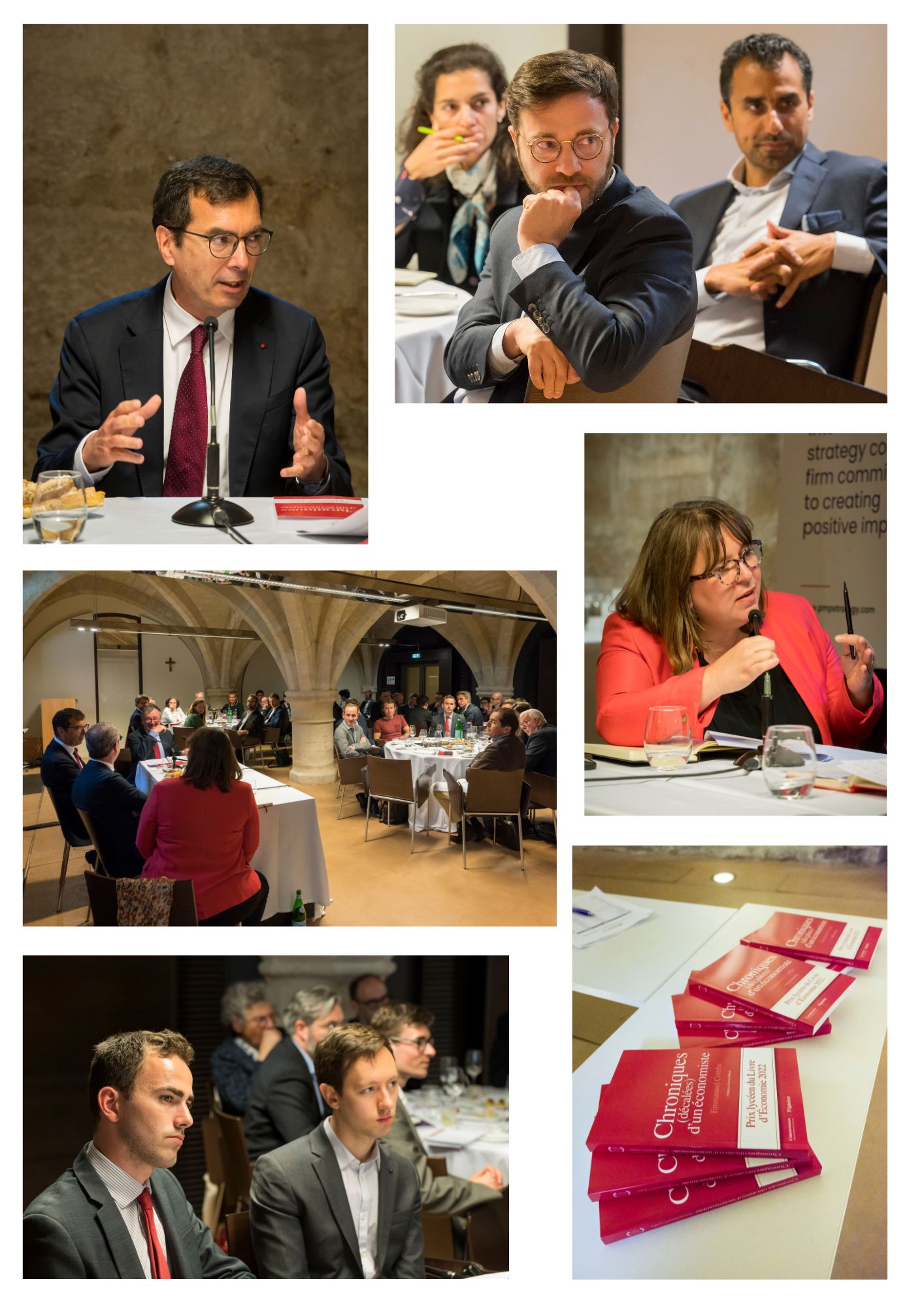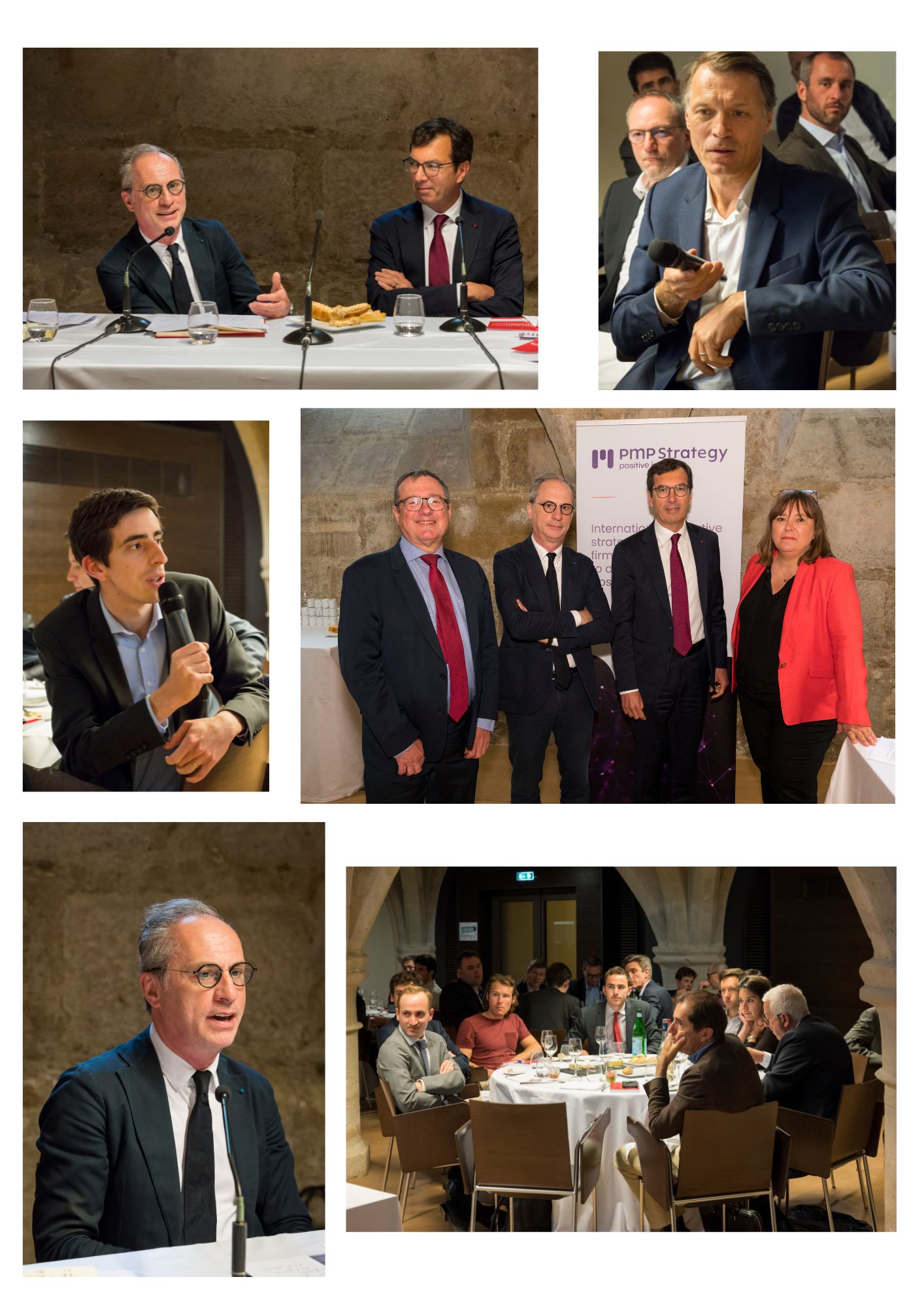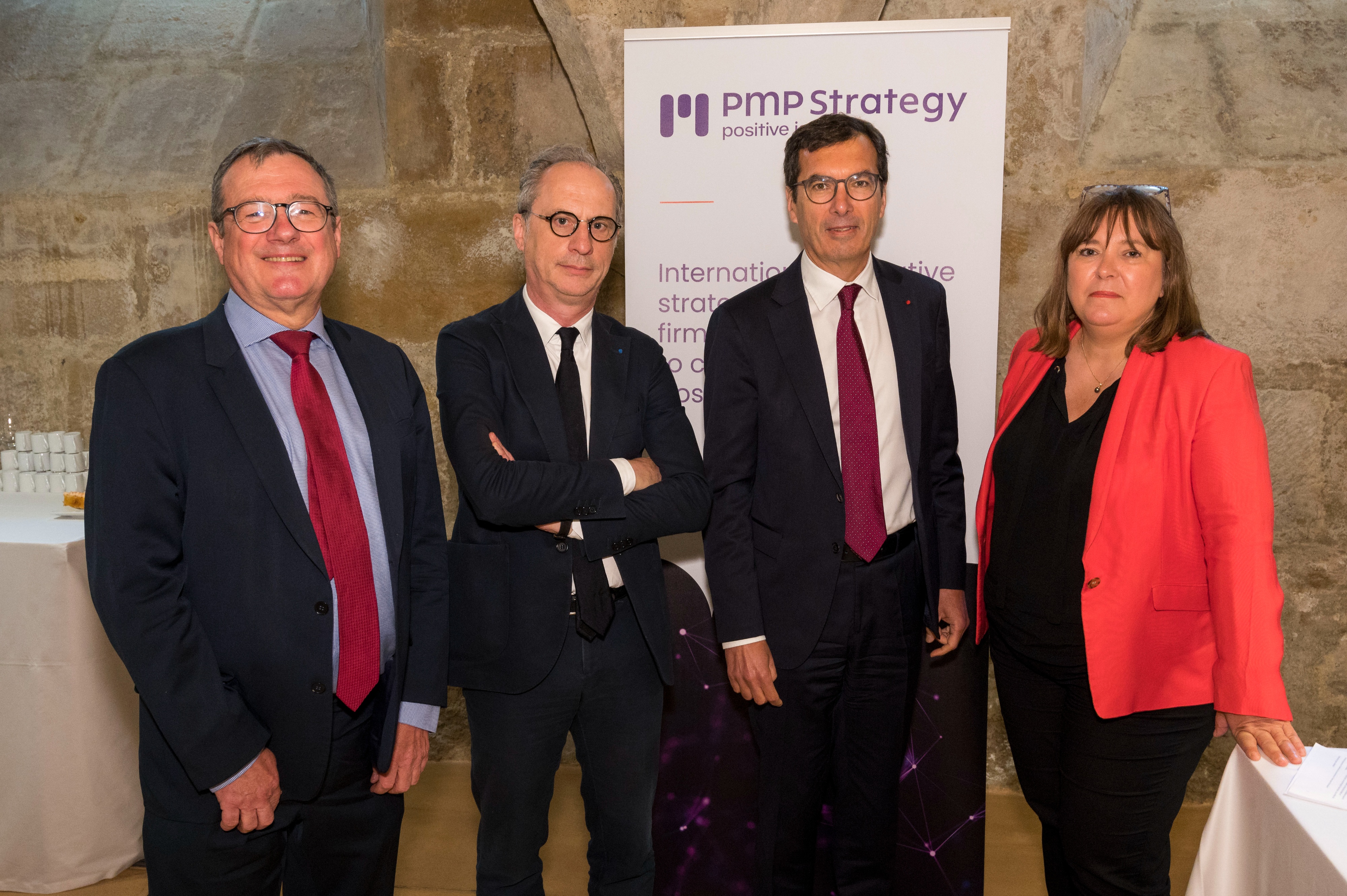As part of its cycle of managerial innovation conferences, PMP Strategy organized a lunch conference on May 24th around the subject: “Transformation and competition, what are the challenges? The strategy of the SNCF”.
The opening of the rail market in France to competition is reshuffling the cards and shaking up operations of the SNCF, the historical company which was in a monopoly situation until now. This is the most important structural change for the SNCF since its creation.
This is the context Jean-Pierre Farandou* inherited when named Chairman of the SNCF Group in 2019. The role is not an easy one, he reminds us, and the challenges were compounded with the arrival of COVID just a few months after his appointment. Concurrently, the change in the legal nature of the Group’s activities, from EPIC to Sociétés Anonymes, means rethinking their operations.
Why open the competition? “Because it works”, affirms Emmanuel Combes, Economist and Vice-President of the Competition Authority from 2012-22, “not only for new entrants but also for companies already in place. Competition must be framed with fair rules for all competitors. It forces companies to rethink their business model and provide better offers for customers.”
Jean-Pierre Farandou reminds us that the notion of competition is not new for the SNCF Group. Already present with Geodis and Keolis, which represent approximately 50% of the Group’s turnover, competition is “new” only with regards to passenger traffic. The arrival of Trenitalia between Paris and Lyon and Transdev between Nice and Marseille are the best examples.
What should we expect? In a growing market, competition primarily benefits consumers, who see on the one hand a drop in prices on free-access markets, and on the other hand an increase in quality for public service delegations. Emmanuel Combe cited many examples in which opening up to competition worked in this direction.! Competition also brings innovation; necessary for insiders to maintain their position and differentiate themselves, and for outsiders to penetrate the market.
In addition to the technical details, competition means rethinking the operations of the SNCF Group. Upon his arrival, Jean-Pierre Farandou created a new team focused on driving his 2030 strategic vision, “ALL SNCF” (“TOUS SNCF”). Manager accountability decentralized decision-making and employee training are the key ingredients for success when a market is opened to competition.
Contrary to popular belief, opening to competition does not degrade social considerations to ensure business competitiveness. “On the contrary”, testifies Emmanuel Combe. “Employees also benefit.” To attract new recruits to the SNCF Group, meaningfulness, agility, and employee career paths are the criteria that have replaced the official status of the railway worker, which disappeared on January 1, 2020 for new employees. This trend is found globally in the labor market.
A better offer for customers and sharing of best practices across companies are the benefits we can expect from opening the rail passenger transport market to competition in France.
*Farandou has been an employee of the SNCF since 1981


Jean-Pierre FARANDOU
Chairman of the SNCF group
told us how SNCF is transforming itself and preparing for the challenges of tomorrow.
Emmanuel COMBE
Economist, author of “Chroniques décalées d’un économiste” (“Offbeat chronicles of an economist”)
gave us his views on the challenges of competition in the rail sector, and how it is possible to draw inspiration from experiences in other sectors and other countries.
A debate moderated by : Gilles Martin, Senior Advisor PMP Strategy and Caroline PONAL, Partner in the Transport & Mobility Division of PMP Strategy.






